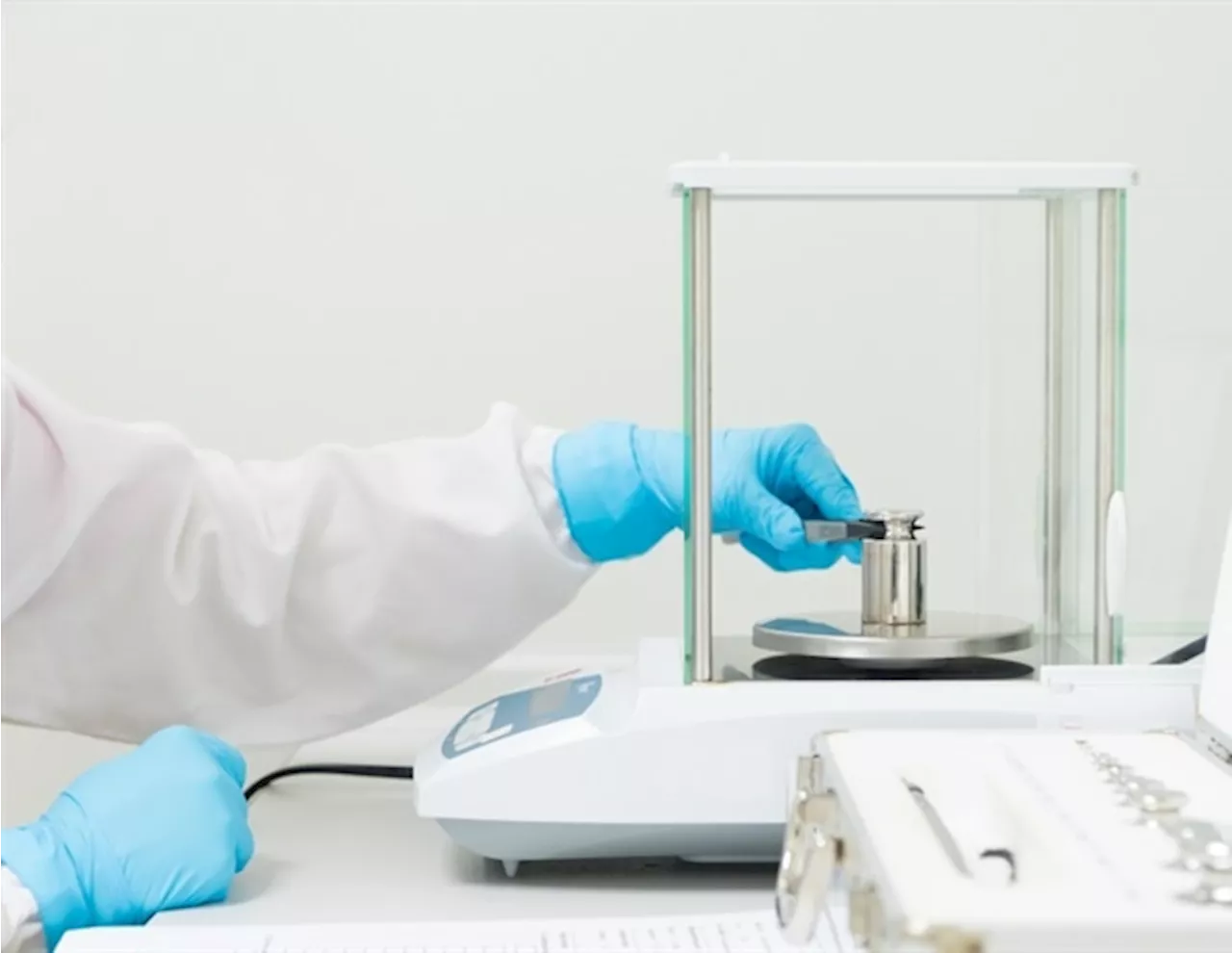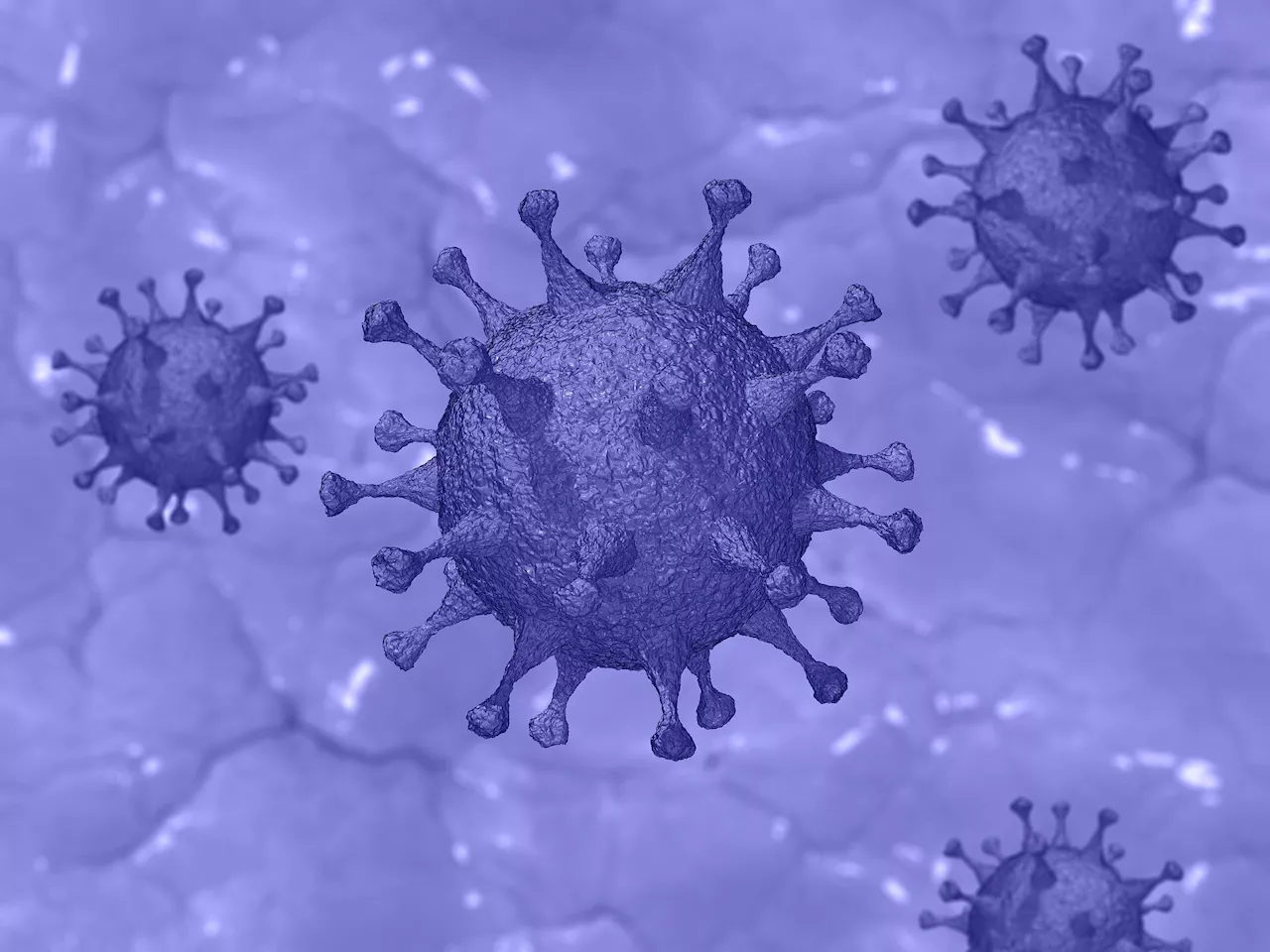Study introduces Reverse Vaccine Development as a strategic approach to identify correlates of protection early in vaccine development against antimicrobial-resistant pathogens, aiming to mitigate risks such as significant phase-III clinical trial failures.
By Dr. Chinta SidharthanApr 7 2024Reviewed by Susha Cheriyedath, M.Sc.
In the case of severe acute respiratory syndrome coronavirus 2 , the process of vaccine development was significantly accelerated by the discovery of antibodies that could bind to the spike protein of the virus, preventing it from binding to the host angiotensin-converting enzyme-2 receptor. This discovery also indicated that neutralizing antibody titers could be used as correlates of protection since they indicated the clinical efficacy of the vaccine.
The process is called Reverse Vaccine Development since the order of information procurement on vaccine efficacy is reversed as compared to the typical procedure of vaccine development. This information is obtained from populations that are already experiencing a high incidence of antimicrobial-resistant pathogenic infections instead of the population that will eventually get vaccinated.
The efforts to develop vaccines against S. aureus have yielded four candidate vaccines that target various antigens and use four different protection mechanisms. Based on the results from animal model studies and in-vitro assays, the vaccines were advanced to phase I and II clinical trials. The vaccines passed the safety assessments and elicited satisfactory antibody titers.
Vaccine Antibody Clinical Trial Coronavirus Efficacy HIV Immunodeficiency Malaria Pathogen Public Health Respiratory SARS SARS-Cov-2 Severe Acute Respiratory Severe Acute Respiratory Syndrome Syndrome Virus
United Kingdom Latest News, United Kingdom Headlines
Similar News:You can also read news stories similar to this one that we have collected from other news sources.
 UK study provides insights into COVID-19 vaccine uptake among children and young peopleCOVID-19 vaccine uptake among children and young people was low across all four UK nations, compared to other age groups, according to the first research study to look at data from all four UK nations.
UK study provides insights into COVID-19 vaccine uptake among children and young peopleCOVID-19 vaccine uptake among children and young people was low across all four UK nations, compared to other age groups, according to the first research study to look at data from all four UK nations.
Read more »
 Study highlights impact of government vaccine recommendations and direct-to-consumer pharmaceutical advertisingA new study co-authored by a University of Massachusetts Amherst economist reveals the value of government vaccine recommendations to drugmakers, as well as potential benefits of advertising pharmaceuticals directly to consumers -; a practice that is banned in every country apart from the United States and New Zealand.
Study highlights impact of government vaccine recommendations and direct-to-consumer pharmaceutical advertisingA new study co-authored by a University of Massachusetts Amherst economist reveals the value of government vaccine recommendations to drugmakers, as well as potential benefits of advertising pharmaceuticals directly to consumers -; a practice that is banned in every country apart from the United States and New Zealand.
Read more »
 Vaccine monitoring is crucial as SARS-CoV-2 variants continue to evolve, says studyResearchers at the Francis Crick Institute and the National Institute for Health and Care Research Biomedical Research Centre at UCLH have highlighted the importance of continued surveillance of emerging SARS-CoV-2 variants and vaccine performance as the virus continues to evolve.
Vaccine monitoring is crucial as SARS-CoV-2 variants continue to evolve, says studyResearchers at the Francis Crick Institute and the National Institute for Health and Care Research Biomedical Research Centre at UCLH have highlighted the importance of continued surveillance of emerging SARS-CoV-2 variants and vaccine performance as the virus continues to evolve.
Read more »
 Oral vaccine for UTI is potential alternative to antibiotics, finds 9-year studyRecurrent Urinary Tract Infections (UTIs) can be prevented for up to nine years in more than half of people given an oral spray-based vaccine and is a potential alternative to antibiotic treatments, finds research.
Oral vaccine for UTI is potential alternative to antibiotics, finds 9-year studyRecurrent Urinary Tract Infections (UTIs) can be prevented for up to nine years in more than half of people given an oral spray-based vaccine and is a potential alternative to antibiotic treatments, finds research.
Read more »
 TB vaccine could reduce disease spread by 89% in cattle, new study finds'The availability of cattle vaccines makes any calls for further badger culls... more irrelevant to bTB spread than they already were'
TB vaccine could reduce disease spread by 89% in cattle, new study finds'The availability of cattle vaccines makes any calls for further badger culls... more irrelevant to bTB spread than they already were'
Read more »
 Vaccine protection against mpox ‘fading’, warns study – as cases start creeping up before ‘summer celebra...Mpox doctor issues warning over spike in cases around Pride month with troubling cluster of 13 new infections in 3 weeks
Vaccine protection against mpox ‘fading’, warns study – as cases start creeping up before ‘summer celebra...Mpox doctor issues warning over spike in cases around Pride month with troubling cluster of 13 new infections in 3 weeks
Read more »
